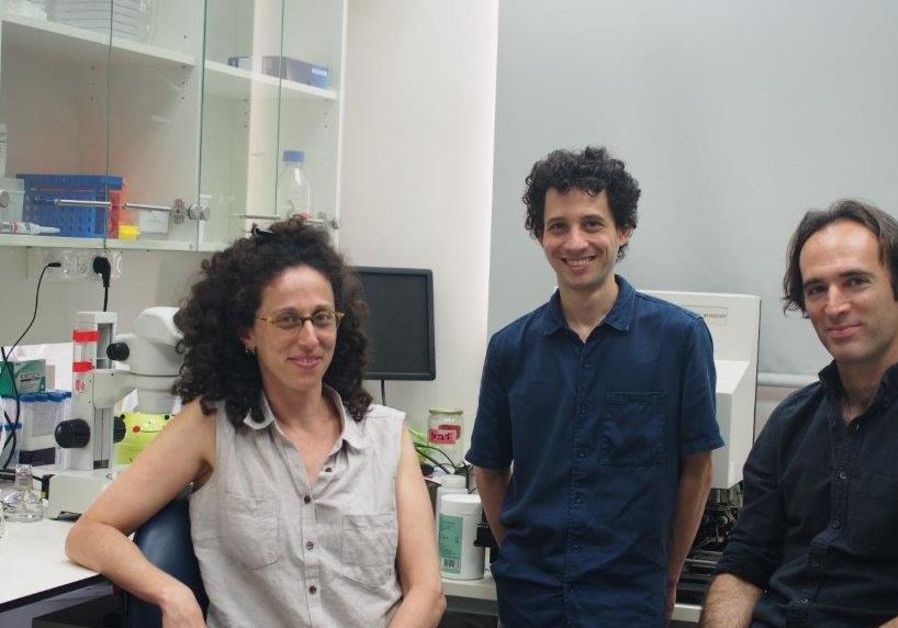Keanu Reeves presents the new Cyberpunk 20177 at #XboxE3
Get the latest international news and world events from around the world.

This Insane Nanochip Device Can Heal Tissue Just by Touching The Skin Once
Imagine buzzing the skin over an internal wound with an electrical device and having it heal over just a few days – that’s the promise of new nanochip technology that can reprogram cells to replace tissue or even whole organs.
It’s called Tissue Nanotransfection (TNT), and while it’s only been tested on mice and pigs so far, the early signs are encouraging for this new body repair tool — and it sounds like a device straight out of science-fiction.
The prototype device, developed by a team at Ohio State University, sits on the skin and uses an intense electrical field to deliver specific genes to the tissue underneath it. Those genes create new types of cells that can be used nearby or elsewhere in the body.


Transplanting Gut Microbes from Young to Old Mice Reverses Immune Decline
The gut microbiome appears to be increasingly responsible for at least some of the decline of the immune system during aging, and a new mouse study shows that it is reversible.
The gut microbiome
The microbiome describes a varied community of bacteria, archaea, eukarya, and viruses that inhabit our guts. The four bacterial phyla of Firmicutes, Bacteroidetes, Proteobacteria, and Actinobacteria comprise 98% of the intestinal microbiome.


The Objectivity Myth: What We Call ‘Objective Reality’ Doesn’t Actually Exist
Objective reality is merely a pattern that a mind constructs because it provides a useful simplified explanatory scaffolding of the long series of subjectively perceived moments stored in its memory. Think about it when the next time you come across these overloaded terms ‘objective reality’ and ‘objectivity’ – to be precise, they mean ‘intersubjectivity’ instead: Termites would never comprehend chess, for example, this human abstraction lies beyond their species-specific intersubjective mind-network. Apart from inter-species levels of abstractions we should consider psychological, cultural and linguistic differences between individuals of the same species that makes objectivity simply non-existent. We can still use ‘objective reality’, ‘objectivity’ or ‘objectively’ colloquially but we should bear in mind that in a deeper sense these terms are no more than colorful misnomers. https://www.ecstadelic.net/top-stories/what-we-call-objectiv…ally-exist #ObjectivityMyth
We can’t help but anthropomorphize the notion of objective reality. As I make my case in the new 2019 book, The Syntellect Hypothesis: Five Paradigms of the Mind’s Evolution , objective reality does not exist, what exists instead is subjectivity, intersubjectivity (or “consensus” reality) and supersubjectivity (overmind, The Omega Hypermind in the book). This extraordinary claim apparently demands an explanation, so let’s get to it.

HIV-protective mutation may boost influenza death risk
LMAO The babies died of the flu Keep making mistakes on the aleal borders and the organism dies of viral infections… This seems to be exactly the same result as a majority of the cloned animals over the last thirty years too. It is hard to get that puppy of your favorite dog to stick… Pitty really for the genetically engineered children who will mostly suffer and die before adulthood.
Gene targeted in the ‘CRISPR baby’ scandal might prove fatal, study finds. Nick carne reports.

How a United Technologies-Raytheon tie-up could make a ‘monster supplier’ and reshape the industry
The combined company, with big footprints in both the fast-growing commercial aerospace business and an increase in military spending, may be emboldened to push back on big customers like Boeing, Airbus and Lockheed Martin in terms of pricing, aftermarket work and intellectual property.
United Technologies has struck a deal to combine its booming aerospace business with defense contractor Raytheon, a surprise twist capable of rattling customers and competitors alike.
The deal would create a giant, one-stop shop with products that range from Tomahawk missiles and radar systems to jet engines that power passenger planes and the seats that fill them.
Under one roof, the companies could put more pressure on suppliers and encourage their industrial conglomerate competitors to seek deals of their own.